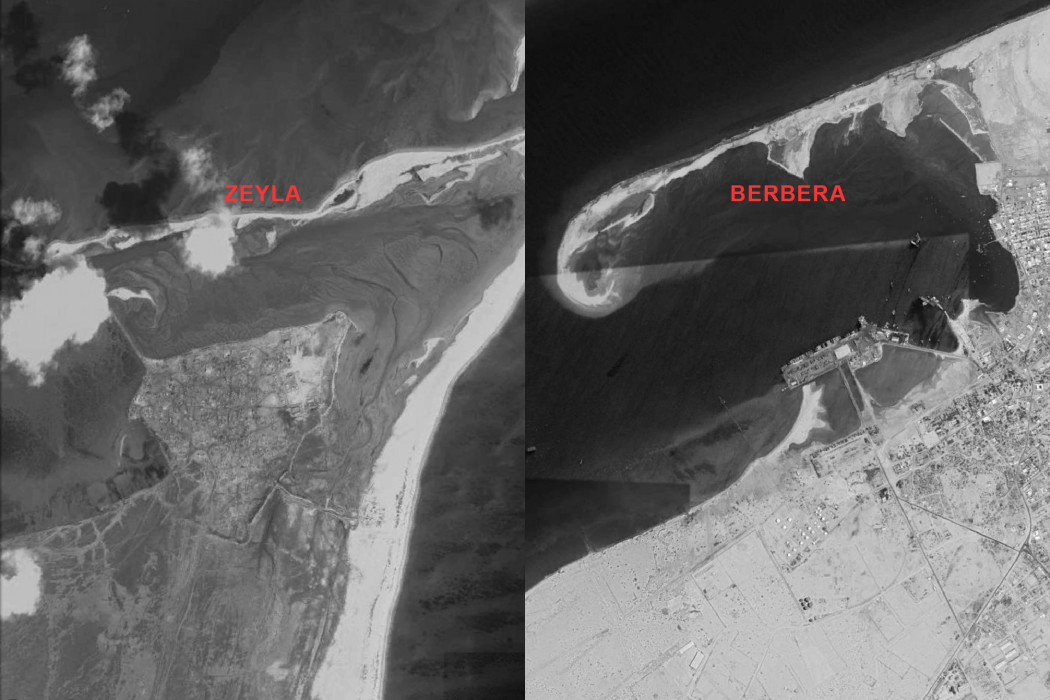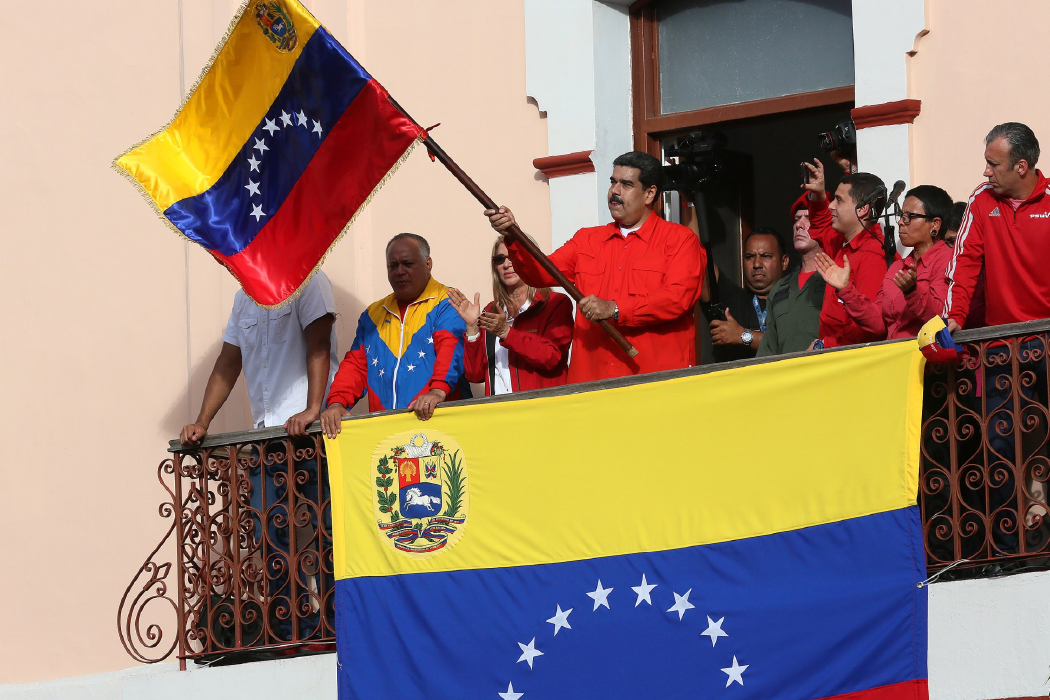Contrary to rumors, the Russian Navy (RuN) will not establish a military base in the town of Zeila in northern Somaliland. The United Arab Emirates (UAE) will however soon operationalize a air-naval facility in Somaliland, as part of a wider strategy to secure the region’s maritime trade choke points. 1. Rumors about Russia’s plans to […]
Author Archive
According to an exclusive report by Reuters, a group of up to 400 Russian private contractors arrived in Venezuela last week. The mercenaries will provide protection for President Nicolas Maduro, who fears opposition sympathizers in his own security forces. Reuters claims that the contractors are employees of the infamous private military company (PMC) “Wagner group.” […]
28 January 2019
Lobaye Invest, Maduro, Patriot, PMC, Russian mercenaries, Venezuela, Wagner
(1) On July 31, 2018, three Russian journalists were reported dead near Sibut, Central African Republic (CAR). Kirill Radchenko, Alexadner Rastorguyev and Orkhan Dzhemal were travelling between Sibut and Kaga Bandoro – the capital of a breakaway proto-state led by Muslim militiamen. (2) The official investigation, conducted by local authorities, the Russian embassy and the […]




